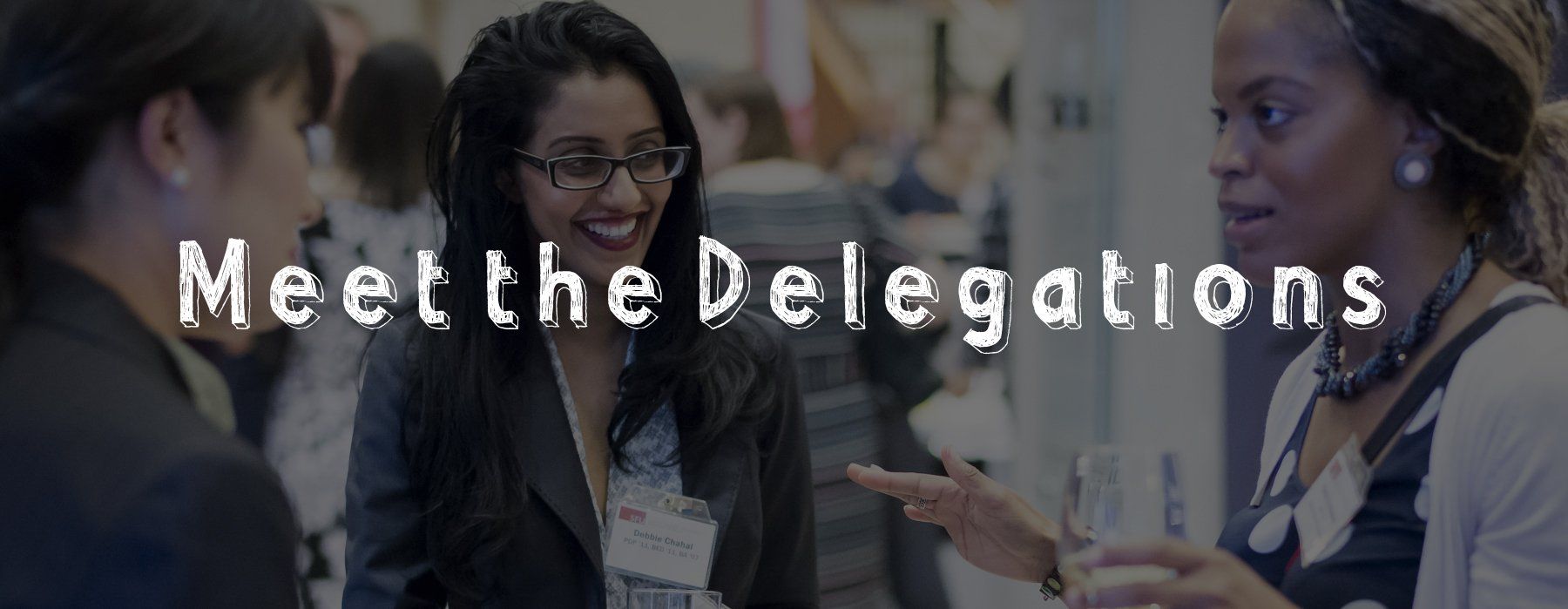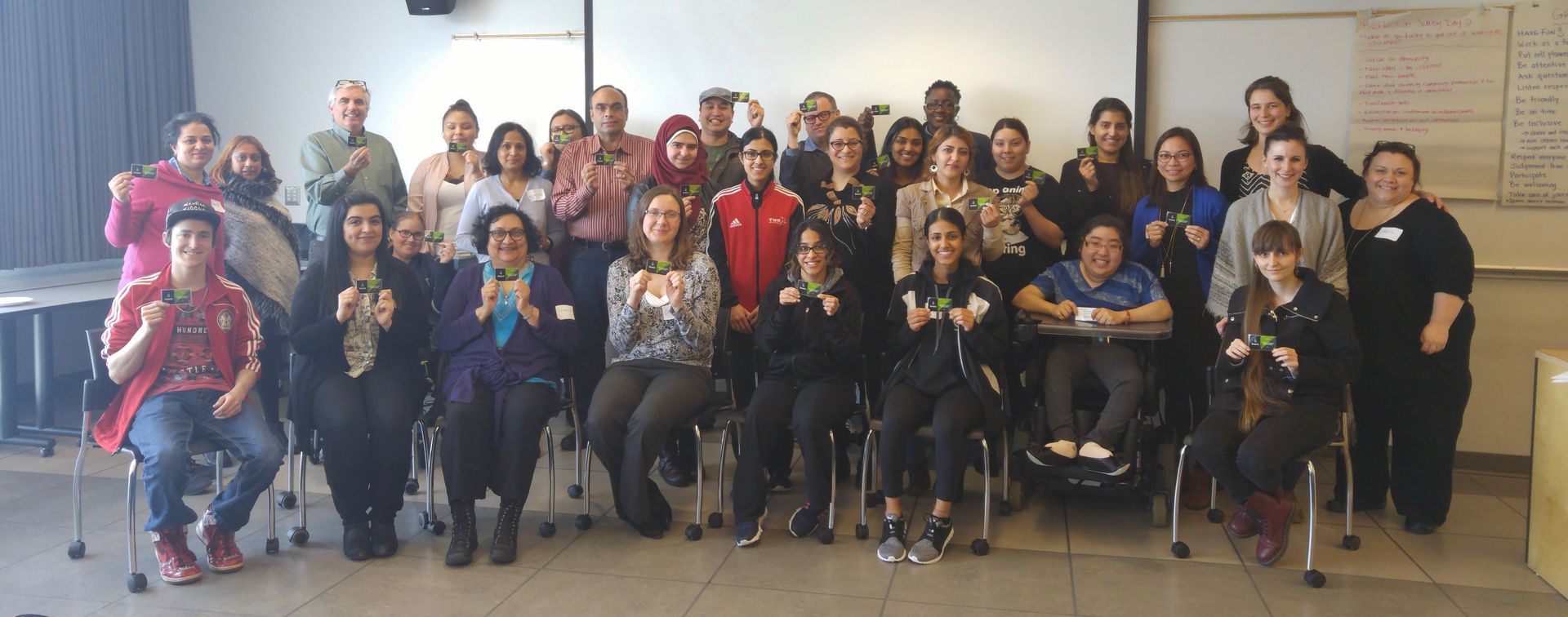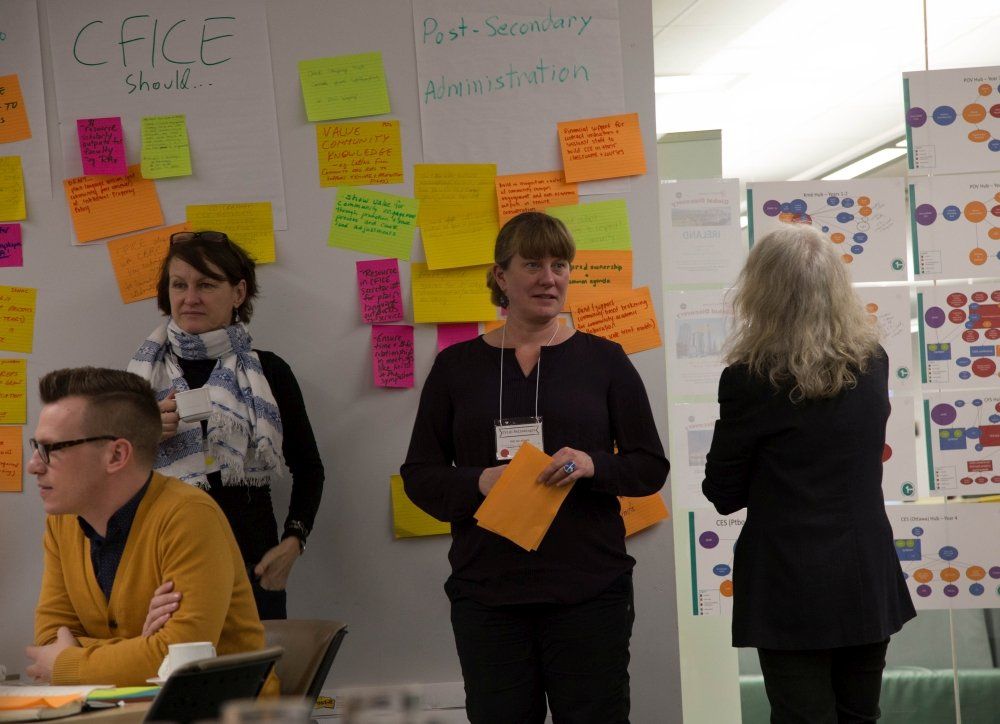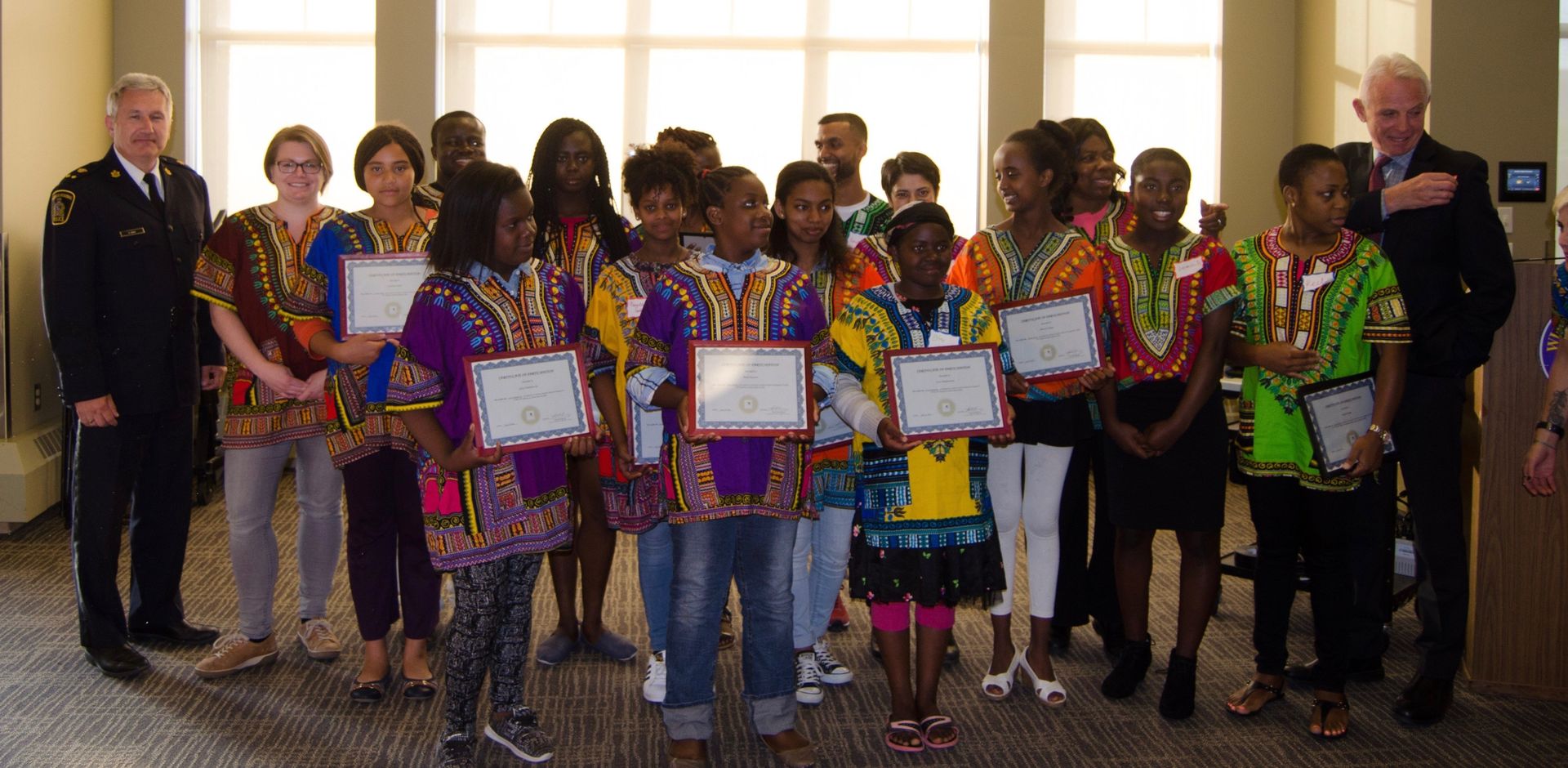Meet the Delegations

Get to know the delegations that are coming to the Community Jam and learn more about the remarkable work that they do! Delegations consist of diverse members, such as community, campus, and philanthropic entities, that take an innovative approach to create partnerships for the social good.
Learn more about coming as a delegation or join the Community Jam as a delegation here.
Introducing the Delegations

A program that focuses on hiring individuals with barriers to traditional means of employment to work during the C2UExpo conference? Yes, please! Meet the C2UExpo Committee Ambassadors Committee
delegation: Rachel Nelson – SFU; Landon Hoyt – Hastings Crossing BIA; Anna Migicovsky – Potluck Café; Darren Mumford – YMCA; Njeri Kontulahti – Vancity; Stephani Pritchard- WorkBC; and Stephen Dooley – SFU Surrey.
The delegation aims to employ 50 individuals from the community who have barriers to employment to work during the conference! These individuals will gain new skills, gain an incredible new experience, and hopefully they can take something from this opportunity that can be used for their future employment.
Continue reading Victoria Sotoj (student, Douglas College, BC)’s article introducing this delegation here.

The Hart House University of Toronto, the Faculty of Kinesiology at UofT, and several community organizations including the Native Child and Family Centre, the Boys and Girls Club, The 519 Community Centre, and the City of Toronto Parks and Recreation– in combining the resources and skills of these organizations through partnership, they have worked together to include youth voices in post-secondary spaces. These organizations will be bringing their partnership to the C2UExpo 2017 Community Jam.
What makes this initiative unique is its focus on the co-creation and delivery of research and programming between delegation partners and youth. This works as a bottom-up initiative in creating an engaged body of youths who can advocate for their own educational experiences and share in the development of better educational experience in the future for themselves and others.
Continue reading Ashley Gibson (student, University of Guelph, ON)’s article introducing this delegation here.

Paul Lacerte and his daughter Raven, the founder of the ‘The Moose Hide Campaign’ a grassroots movement of Aboriginal and non-Aboriginal Men who are standing up against violence towards women and children are addressing the issue with a National Moose Hide Signature Initiative called “Safe Space, Safe Place” which will be targeted towards University campuses across the country.
Vancouver Island University and Vancity are supporting the launch of the strong, influential and positive movement by raising funds as part of the Spirit Competition ($ 300, 000) of the MBA Games 2017 and educating student leaders both Aboriginal and Non-Aboriginal men and women across Canada in academic institutions to work along with the Moose Hide Campaign to stand up against violence towards women and children.
Continue reading Dominik Becker (student, Vancouver Island University, BC)'s article introducing this delegation here.


Community First: Impacts of Community Engagement (CFICE) provides tools and research on community-first approaches to partnership work that builds healthier, more just and sustainable communities. For CFICE, being community-first means engaging in equitable partnerships to co-create knowledge and plans for addressing pressing community issues.
In Phase I, CFICE worked in community-driven demonstration projects to test community-first approaches to community-campus engagement (CCE). In Phase II, CFICE aims to share the information learned to help improve future CCE partnerships.
Continue reading Kelly Greenfield (student, Memorial University, NL)’s article introducing this delegation here.

The CARE (Community Academic Reciprocal Engagement) program is an after-school program that engages social work graduate students with Black girls in grades 6-8. The program is part of the larger program of the African Canadian Association (ACAWRA) and also is affiliated with Wilfrid Laurier University (WLU).
CARE aims to integrate social justice and academic success by employing a community-based participatory model to explore gender, race, and identify issues to generate awareness and honour Black youth realities. Black youth girls work with social work graduate students to bridge the gap between what is perceived and what is experienced by Black youth.
Continue reading Sierra Lindsay (student, University of Victoria, BC)’s article introducing this delegation here.
Community-Based Research Canada (CBRC) is a national agency dedicated to creating societal change and the redressing of complex social issues through equitable campus-community partnership arrangements and community-based research (CBR).
Through its partnerships, as well as its experience supporting previous C2UExpo meetings, CBRC has a considerable wealth of information, knowledge and experience that is being used to advance societal well-being, social innovation through institutional transformation and cultural change. With the recognition that the transformation of higher education systems is vital to the creation of a healthy society, CBRC is supporting current and next generation CBR scholars through the creation and coordination of training programs.
The rest of Brandon Hey (student, Wilfred Laurier University, ON)’s article introducing this delegation will be coming soon.
Check back later for more!

